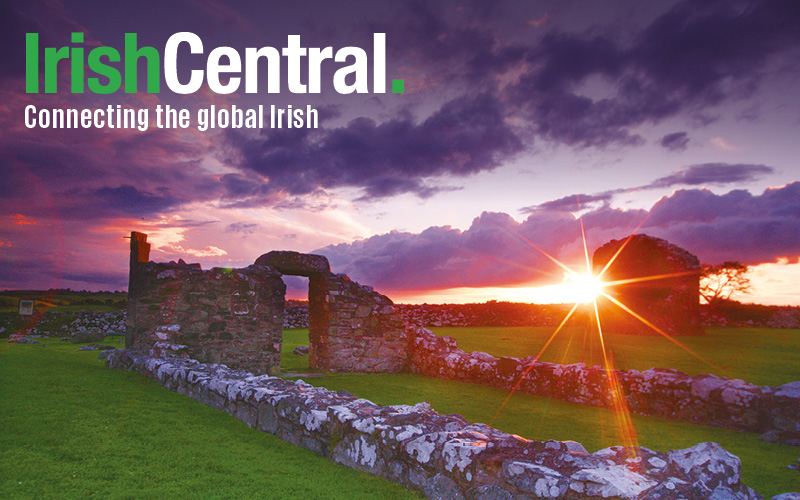Dr Patrick McDevitt is the new President of All Hallows College in Drumcondra, Dublin. A former tenured professor at de Paul University, Chicago, he came to Ireland to take up the position, he said, because he wanted “to give something back” to this small college that had provided the USA with thousands of teachers since the mid 1800s.
He is the first Irish-American to take up the position. “I am proud to join All Hallows College at this challenging and exciting moment in its history,” said Dr. McDevitt, “the mission of the college is one with which I resonate, with its focus upon community, hospitality, service and creativity in adult learning and formation.” Dr. McDevitt will be the college’s 12th president and the eighth Vincentian to hold the office.
All Hallows College, a former Vincentian seminary, is a college of Dublin City University (DCU) and all degrees are accredited by DCU.
The College has approximately 500 full and part-time undergraduate and postgraduate students and over 1,000 students per year in its continuing education programmes. Since its early years the college has attracted students from overseas, including the USA. McDevitt’s plan is to increase the number to 1500 and to build on its special relationship with the America.
Patrick McDevitt grew up in Chicago and is of Irish ancestry. He surrendered a secure position at the prestigious de Paul University to take up this post at All Hallows College. He said many Americans owe great debt to the college which had provided them with thousands of teachers to since the mid 1800s. “Many of the schools that they established are still thriving today”, he said.
He gained some experience of Irish life in his youth. At 18-years of age, he spent a summer working on the bog and the hay on a farm in Tuam, Co. Galway, which was owned by the uncle of a friend. “The work was tough but we had great fun”, he said.
All Hallows has a strong focus on educating people to be leaders with values, and on social justice. The atmosphere is vibrant and warm. Students aren't just a number and blossom under the outstanding teaching available at the college. It is building a strong record in academic research and recently received a letter of congratulations from DCU on the number of PhD students graduating.
An old, slightly faded, Christmas card which hangs on the wall of Dr McDevitt’s office hints at another link between All Hallows and the USA. The card is handwritten to a Fr Joseph Leonard and signed by Jacqueline Kennedyand her husband, John F. Kennedy.
Jacqueline Kennedy had met Fr Joseph Leonard during a visit to Europe when she was a young woman, and had maintained correspondence with him on spiritual matters.
Years later, in September 1955, Jacqueline and Senator John F Kennedy stopped off for a week's unpublicised vacation in Ireland. At the invitation of Fr Leonard, the couple visited All Hallows and the senator gave a lecture to the students.
In his book The Kennedys: America’s Emerald Kings, Thomas Maier wrote that Jacqueline later invited Fr Leonard to baptize her firstborn son, but he was unable to travel due to ill health. Over the years he sent Jacqueline many books, including a translation from the French of a biography of Vincent de Paul, and a biography of Mary, Queen of Scots.
After the tragic death of John F. Kennedy, Fr Leonard wrote to Jacqueline, sending his condolences, and telling her that he had not been able to say Mass for many years due to ill health. However, he explained, he had written to the Vatican and obtained special permission to say Mass for her husband while sitting in a chair.
Fr Leonard died in 1964. Just before the funeral Mass began in Drumcondra, Dublin, as the students were lifting up the coffin to their shoulders, a car arrived. A man emerged from the car and presented a large bouquet of roses from Jacqueline Kennedy, to be placed on the coffin.
A photograph of the Kennedy couple is proudly displayed at All Hallows College. And the Christmas card on the wall facing Dr McDevitt’s desk serves as a poignant reminder of the human connection between two countries whose histories are so deeply intertwined.




Comments